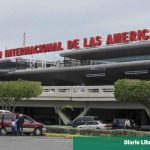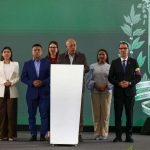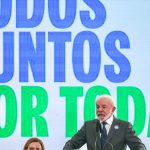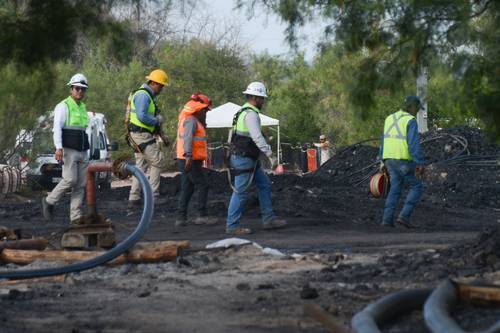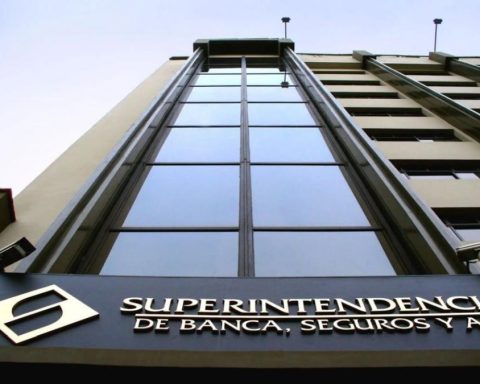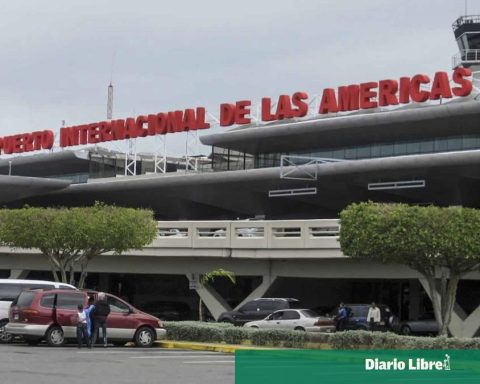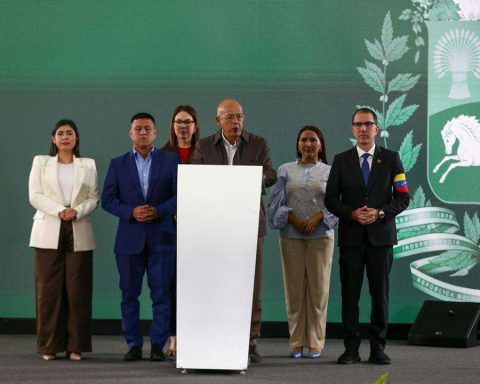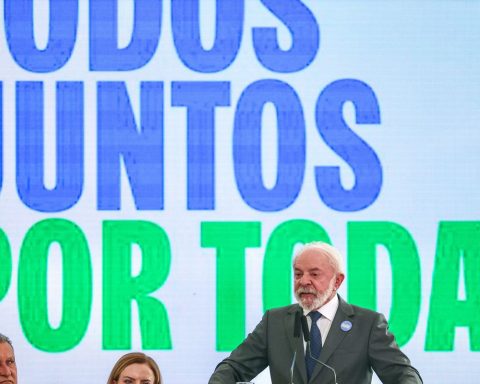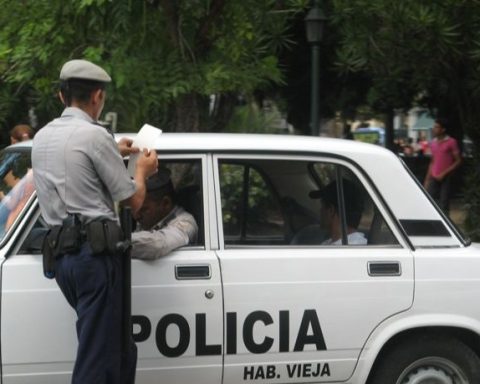After the presentation of a series of reports that portray the sociopolitical crisis in Nicaragua, the Mexican journalist Otoniel Martínez, from Aztec TVhas been the victim of harassment and threats by the Ortega regime’s “troll farm,” who remind him that journalists are killed in Mexico.
«It is very curious what we have detected in social networks. One day the entire attack has been through photographs that show patron saint festivities and then they don’t say: Is this the repression you are talking about? Do they call this the oppression of a dictatorship? So the next day the attack comes with a photograph of the concert by Los Tigres del Norte, which they gave on August 12 in Nicaragua,” Martínez explained in an interview with 100% News.
Then they argued: “What are you coming to present from a country like Nicaragua? If you live in a country like Mexico where journalists are killed.
Related news: The journey of a Mexican journalist to “infiltrate” Nicaragua
Faced with this questioning, Otoniel Martínez pointed out that “we cannot extinguish the misfortune of one country, with the misfortune of another.”
“It seems to me that it is not much of a comment with which they can attack and disappear the reality of Nicaragua,” he stressed.
According to the journalist, in Mexico 14 journalists have been murdered so far in 2022, a situation that “seems worrying to him, which must be recorded and also sanctioned.”
«Journalism is one of the professions that is already cataloged in Mexico, as one of the most dangerous, because here you can die for investigating a topic, you can die for reaching a place, you can die as a journalist for perhaps questioning the wrong person or touch perhaps for some the wrong topic, “he added.
The journalist Otoniel Martínez has presented four reports under the title of the series “It hurts to breathe” that tells the situation that Nicaragua is experiencing under the Ortega-Murillo dictatorship.
This journalistic work has generated controversy at the national level, since Martínez managed to infiltrate as a tourist, portray the police state that the Nicaraguan people live in and “outwit” all the “security” that the regime has imposed in order to enter the country.








